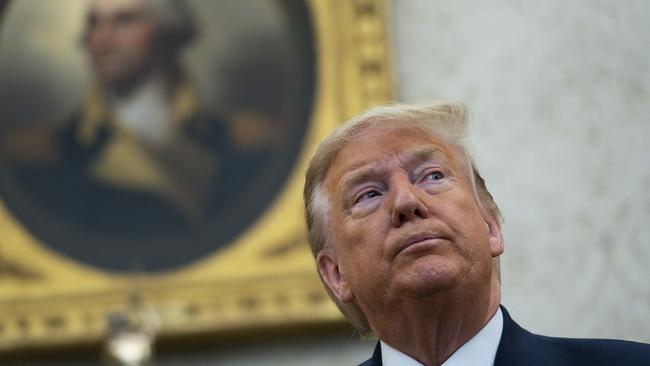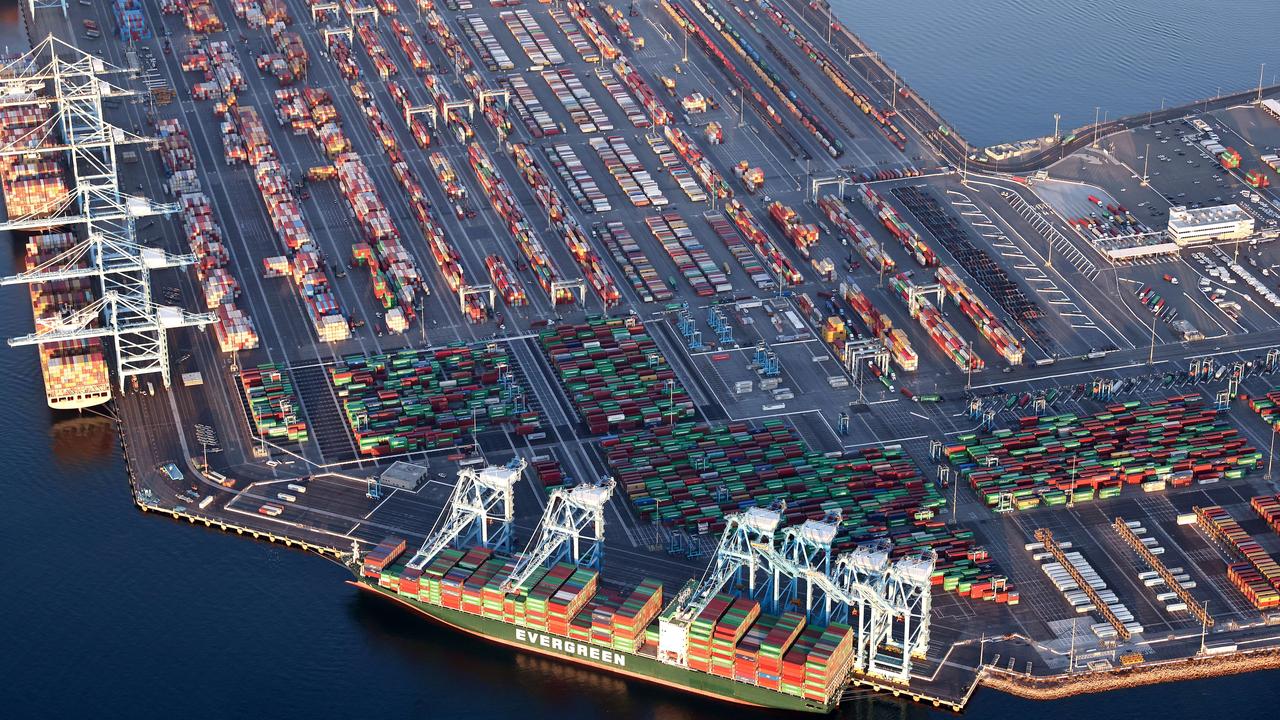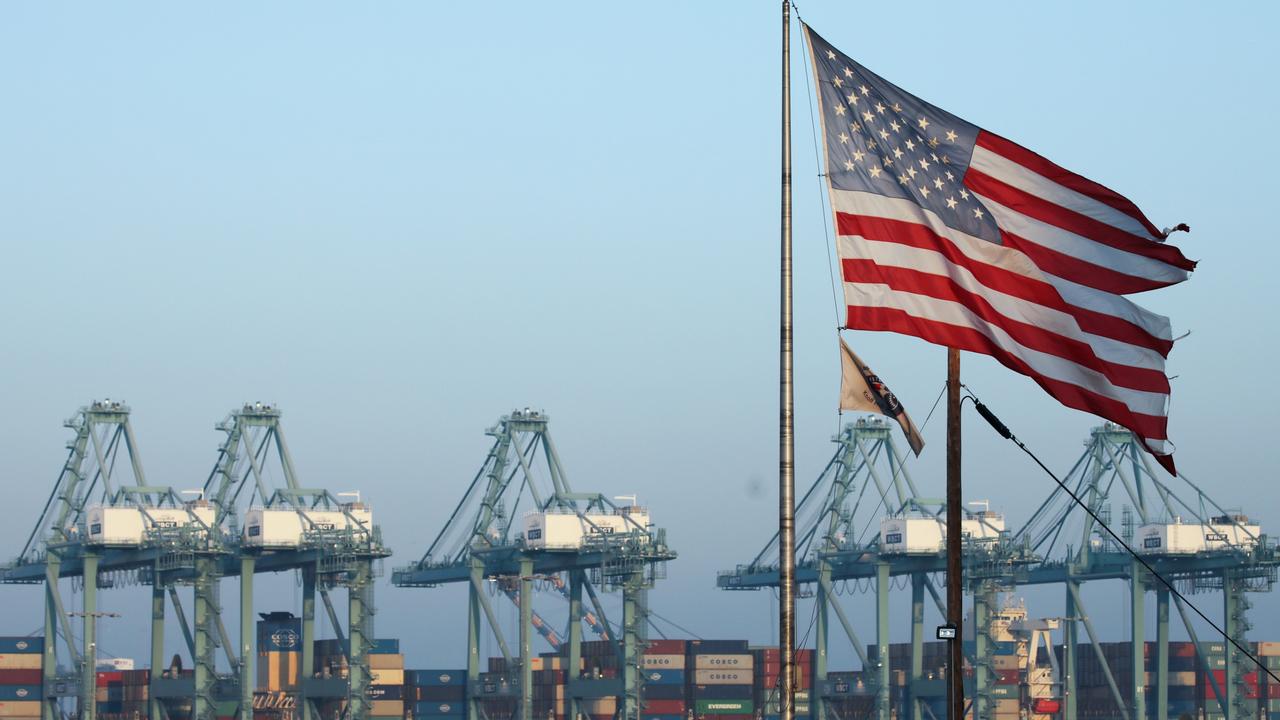Central banks act fast, but US, EU lack ‘fiscal leadership’
While the Fed has fixed the shortage of cash and eased fears of a credit crunch, it can’t do anything to stop a global recession.

The worsening global spread of coronavirus became an even bigger issue for financial markets this week as some of the fastest ever corrections turned into some of the fastest ever bear markets and a scramble for cash by corporations caused such an acute shortage of US dollars that the Federal Reserve was forced to reopen its QE floodgates.
After upscaling its plans several times this week, the Fed is now planning to inject a total of $US5.4 trillion ($8.6 trillion) into all corners of the US money market in the next few weeks.
But while the Fed looks to have fixed the shortage of cash that was threatening to trigger a nasty credit crunch, it can’t do anything to stop a global recession — now officially forecast by JPMorgan — and a severe, if short-term, hit to corporate earnings from the coronavirus pandemic.
While the Morrison government stepped up this week with a substantially front-loaded fiscal stimulus worth about 1.2 per cent of GDP over the next two years, the political will to do what’s needed in terms of fiscal stimulus in the US and Europe seems lacking.
Central banks globally are doing what they can to keep the plumbing of the markets working and make risk assets look more attractive by lowering the risk-free rates, but the crux of the problem now is a “complete failure of fiscal leadership in the EU and the US”.
“In Europe’s case, the limitations of the Union are being cruelly exposed,” says OANDA’s Jeffrey Halley.
“Held in thrall to the balanced budget fiscal austerity gnomes of Berlin and northern Europe, it has descended into every man for himself situation with no central leadership or capacity to direct centralised fiscal transfers to where they are needed.”
Meanwhile the US fiscal response is “descending into bipartisan doctrinal chaos”.
“Sadly, neither the President or the congressional Republicans and Democrats seem able to put aside their ideological and personal disagreements, thus failing to provide the ... leadership that America requires, when it needs it the most,” Halley says.
So as tempting as it is to say the 4873.7 points hit by the ASX on Friday will be the absolute low of the bear market, there’s no certainty. To be sure that point is now 12 per cent away from Friday’s close at 5539.3 points. And it was 32 per cent off the bull-market peak of 7162.5 points three weeks ago.
No doubt investors bought the low because at that point the forward PE ratio was about 12.8 times versus the long-run average of about 14. They were discounting the EPS by 10 per cent to allow for profit warnings, but is that enough?
While the preceding bull market was extreme, the shift from bull to bear was the fastest in history. The pandemic will get worse before it gets better and there must be plenty of excesses that are yet exposed by the combination of plunging stock and oil prices.
The leveraged loan market has for some time been an area of concern for the central banks. The amount of US junk bonds has to be another point of concern.
Finally, the surge in Australian bond yields on Friday looked like a scramble for cash that’s inconsistent with a recovery in share prices.



